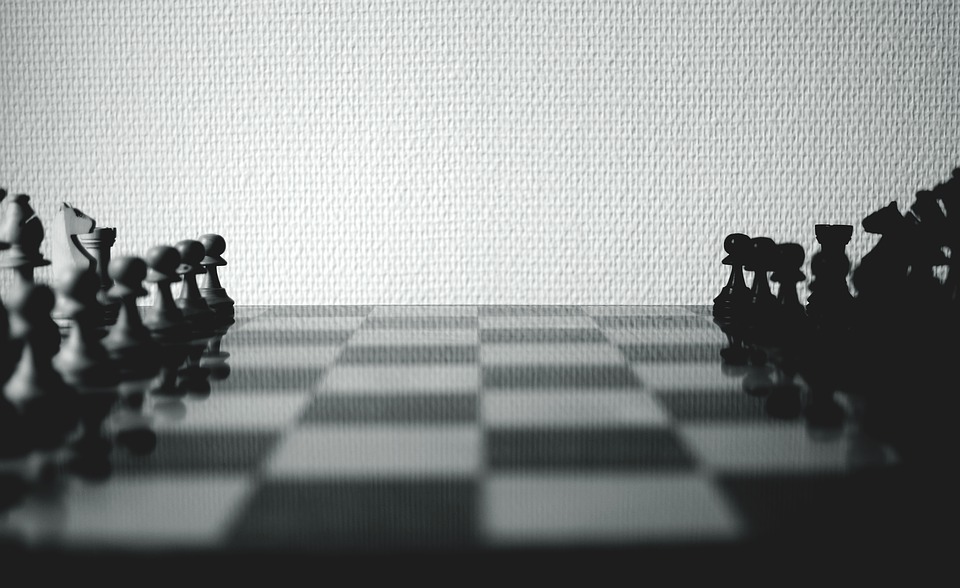The game of chess appeared many centuries ago. Historians claim that it came to us from Eastern culture thanks to the trade route that passed through the Caspian Sea. But the etymology of the name “chess” experts are not so sure, so put forward several versions. So, where did the word “chess” come from and what does it mean? Here are a few versions.
The Persian-Arabic version
If you look in etymological dictionaries, almost all of them will say that the word chess came from the Arabic language. In it, the words “checkmate” and “checkmate” literally mean “the king died”.
But this version is questioned if we go from Russian-language dictionaries to Arabic or Persian dictionaries. In them the word “mate” meaning “death, died” does not exist. It is translated as “lord. Accordingly, the combination “shah mat” does not exist either, because these are two practical analogous words in Persian and Arabic dialects.
In Arabic, the word “Shah” means title. It can be compared to the Russian words “tsar”, “sovereign” or words from other languages – “mandarin”, “emperor”, “khan”. If you study the norms of the Arabic language, you will find that the phrase “the lord (shah) died” will sound as “mataash shah” and not “shah mat”. Accordingly, the word chess could not come to Russian from the Persian or Arabian language, because in those regions the word combination “shah mat” simply was never used.
Besides, the game of chess itself is called “chatrang” in Arab and Persian dialects. But it is not derived from those languages either. It is a borrowing from Sanskrit. In India, the consonant word “chaturanga” means “four kinds of troops.”
Buddhist version
The people of India call the game on the black and white board “shamatha.” That is, a fundamental action that combines ritualistic and contemplative practices. Shamatha, for proponents of Buddhism, is a way of developing the skills of understanding and deep vision (insight). The practice of shamatha in Buddhism is an offshoot of meditation aimed at liberating the mind, a way of throwing off the shackles of the mortal body and freeing thoughts by allowing them to fly freely.
In ancient times, the Hindus pronounced the word “shamatha” at the end of the game, which meant that they had reached enlightenment and understood the thought process of the opponent. And it was this word that Central Asian linguists translated. They had heard the words “shah” and “mate” before in the countries of the East, so they misplaced the letters. Hence came the name “chess”.
Game version
In Persian times, in the game of chatrang, the opponent had to warn his opponent of the danger he was about to inflict on his king. Such a warning consisted in a cry of “Check!” If the opponent did not have time to respond and his king was “killed,” the opponent would call out the word “maat” (death), which meant the end of the game and the fall of the opponent’s main piece.
The cry “check!” also appeared not without reason. It was used by the opponent to say who was in danger (as we have already found out, this word means “king”, “lord”). The Persians always tried to fight fairly, even in game format, so they never attacked a king without warning. But in the case where the opponent could not save the king, it was death (“maat”) that came upon him.
It was these two shouts during the game that were heard by traders from other countries. The name “chatrang” was more difficult to remember, but the phrases “shah” and “maat” were repeated during all games. So in Russian-speaking countries the game on the black-and-white board came already with such a folk name – “shah-maat.
Since our language rarely has double vowels, soon the word “maat” was replaced by the syllable “mate,” which is more familiar to our ears.
After some more time from two words remained one whole word – “chess”. To adapt it to their native language, the players began to inflect the word in the manner of all the others in the Russian language. And since there were many pieces on the board, the name of the game began to be presented in the plural.
That’s how the modern name “chess” appeared.
